Arianna Hume shared their story and experiences with us recently and you can find our conversation below.
Hi Arianna, thank you for taking the time to reflect back on your journey with us. I think our readers are in for a real treat. There is so much we can all learn from each other and so thank you again for opening up with us. Let’s get into it: What do you think is misunderstood about your business?
Of course, I’m happy to be chatting with y’all again! A question we get a lot is, “What exactly is the Liberty Ladder System℠?”
We coined this term to highlight what makes our on-site programming at Liberty Music Academy unique! Most lesson studios only offer weekly private lessons, but we believe real growth comes from pairing individual instruction with collaborative group experiences on a regular basis.
Here’s how it works: the Liberty Ladder System℠ includes two levels—Level 1 and Level 2—that combine private lessons and group classes into each month’s curriculum. Each week, students either meet with their teacher one-on-one for private instruction or attend a 60-minute performance or industry class with their peers. On average, that means our on-site students receive three private lessons and one group class each month.
We call our approach the Liberty Ladder System℠ because it’s more than just “lessons”—it’s a complete package designed to prepare young musicians for a lifetime in music. “Liberty” reflects our namesake, “Ladder” represents continual upward growth, and “System” shows the intentional structure and research behind our instruction.
In short, the Liberty Ladder System℠ guides our students step by step toward their musical goals—while building skills, confidence, and community along the way!
Can you briefly introduce yourself and share what makes you or your brand unique?
My name is Arianna, and I’m the owner and co-founder of Liberty Music Academy (“LMA”). While I began as a teacher, my current role focuses on the big picture—overseeing our partnerships, programming, and creative direction.
At LMA, we pride ourselves on employing a team that truly knows the music industry inside and out, and my own career reflects that! As a freelance vocalist, I’ve recorded with Nashville producers and studios, created demo and sync tracks featured in international music catalogs and commercials, and had music placed in TV series on Amazon Freevee, USA, and FOX. My voice has been featured on singles with over 3 million streams on Spotify, and I also perform live with local and national cover bands at events ranging from intimate gatherings to high-energy weddings.
While sharing my voice is still a passion, my main focus now is growing LMA to be a place where young musicians can gain the same real-world skills and experiences my instructors and I have enjoyed in Nashville. By teaching practical, collaborative, and industry-aware methods, our goal at LMA is to prepare our students for successful, lifelong careers in music!
Okay, so here’s a deep one: What did you believe about yourself as a child that you no longer believe?
When I first became interested in music as a kid, my goal was to be a famous artist—the next Taylor Swift, specifically. From how music was portrayed and distributed in the media, it seemed like that was the only way to “make it” as a singer. So, I rehearsed my American Idol elevator pitch in front of my bedroom mirror, daydreamed about stealing the stage at concerts, and uploaded cringeworthy cover videos to YouTube, thinking maybe the Justin Bieber route was my ticket to fame.
What I didn’t know back then was that, while my stage persona was ready to shine, my skills in music theory, rhythm, and ear training were far from stage-ready. College forced me to confront that gap and build a solid foundation—and it was in that process that I realized just how narrow-minded my view of the future had been. I had believed that success as a musician only meant fame, but it was that short-sighted perspective that was actually limiting me. I realized that success for me was less about being commercially known, as my childhood self thought, and more about learning as many skills as I could to build a music career that felt real and sustainable.
Do you remember a time someone truly listened to you?
For me, it’s always been my voice teachers! Voice lessons are such a vulnerable experience—you’re sharing something that’s completely your own, and you have to be brave enough to try sounds that might feel awkward at first. Having a teacher who truly listens and creates a safe space makes all the difference.
Because the voice is so connected to the rest of the body, teaching it requires a holistic approach. Everyone knows that feeling when you’re upset and suddenly your throat tightens. Sometimes, if a student can’t sing, it’s not about technique—it’s tension from school, friends, or life affecting their singing muscles. In those moments, lessons can become just as much about support and encouragement as they are about vocalizing—and I’ve been lucky enough to have voice teachers in my life who listened not just to my sound, but to me as a whole person even during tough periods!
Sure, so let’s go deeper into your values and how you think. What are the biggest lies your industry tells itself?
This might be a hot take, but as a self-employed musician who relies solely on gigging, teaching, and recording for income, I’ve noticed a common misconception: that musicians should devalue their work in order to “just feel the music” or play purely for passion. While there’s absolutely nothing wrong with playing music for fun (and honestly, I sometimes envy those who do so without any financial responsibility attached!), musicians who want to pursue it as a career can and should advocate for fair pay, professional boundaries, and respect for their craft. I’ve heard this called the “Starving Artist Myth”—the idea, perpetuated by both those inside and outside our industry, that true artists must sacrifice for their art.
Music is all about creativity, connection, and community—but it’s also a business. Thinking critically about your worth, setting boundaries, and asking for fair compensation doesn’t take away from the joy of music; it allows you to build a sustainable, reliable career while still nurturing your artistic passion. For me, learning to balance artistry with business has been essential to thriving in Nashville’s music scene.
Okay, so before we go, let’s tackle one more area. Are you doing what you were born to do—or what you were told to do?
This is a great question! I was lucky enough to have family and peers who championed my musical leanings from day one, encouraging me to see music as something sustainable that I could pursue long-term. In that sense, my experience was a mix of both: a natural affinity for music from an early age, paired with encouragement from family and mentors that showed me it was a real possibility—while still letting me choose my own path. No one explicitly said, “You are going to be a musician,” but they left the door open for me and made it clear they’d support me if I walked through it.
Even when deciding what to study in college—a huge financial commitment for my family—there was never any doubt about majoring solely in music. I felt like it was my calling, and they supported me wholeheartedly. That’s why I think nurturing a musical spark in the next generation without placing limitations is so important. At LMA, we work to ensure our students—and their families—see that music can be a real, sustainable career path, without requiring a “backup degree” or safety net.
Contact Info:
- Website: https://www.libertymusicacademytn.com/
- Instagram: https://www.instagram.com/libertymusicacademytn/
- Facebook: https://www.facebook.com/LibertyMusicAcademyTN
- Youtube: https://www.youtube.com/channel/UC6QAJbSWQLsD5-6IBEgXMUQ
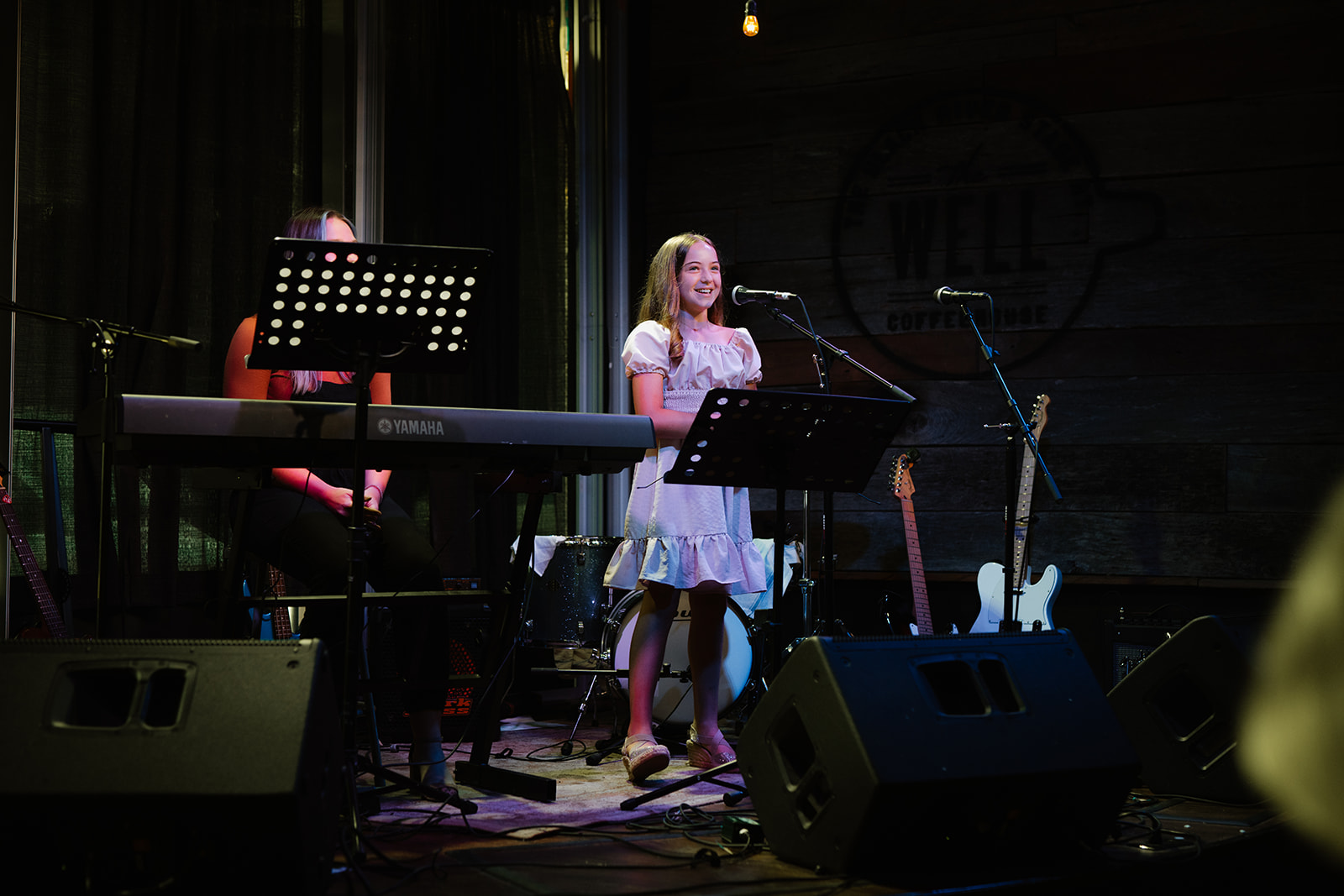
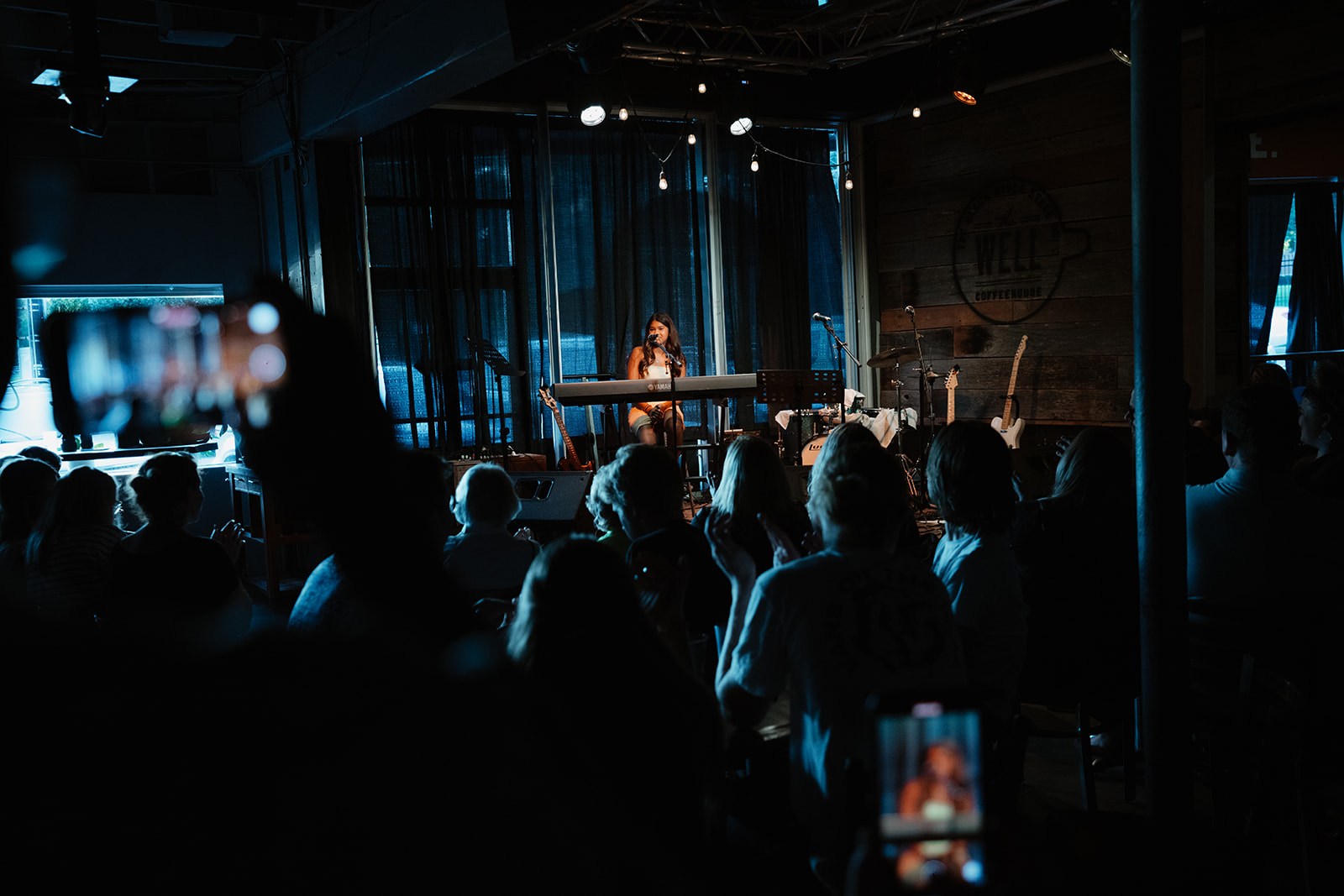
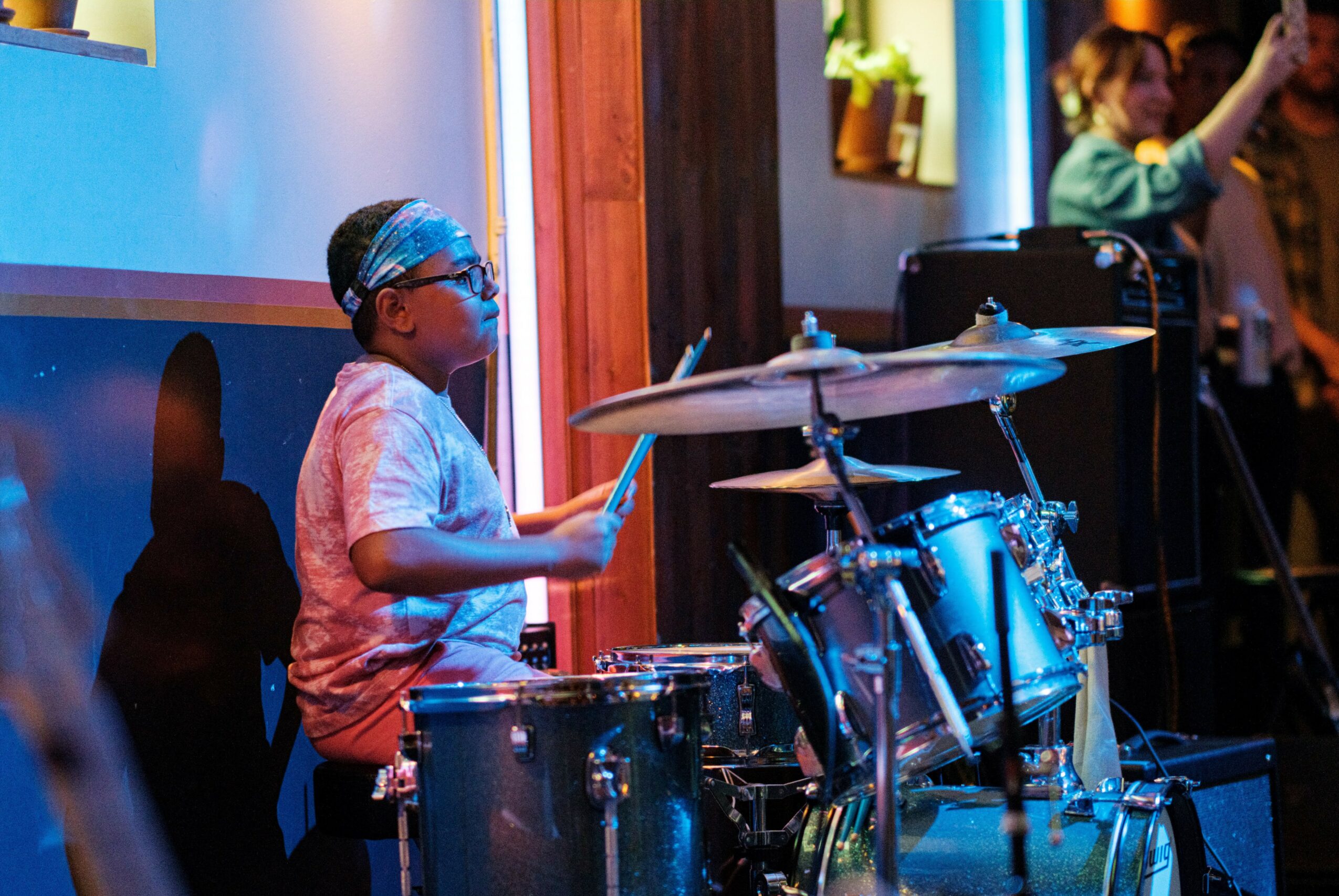
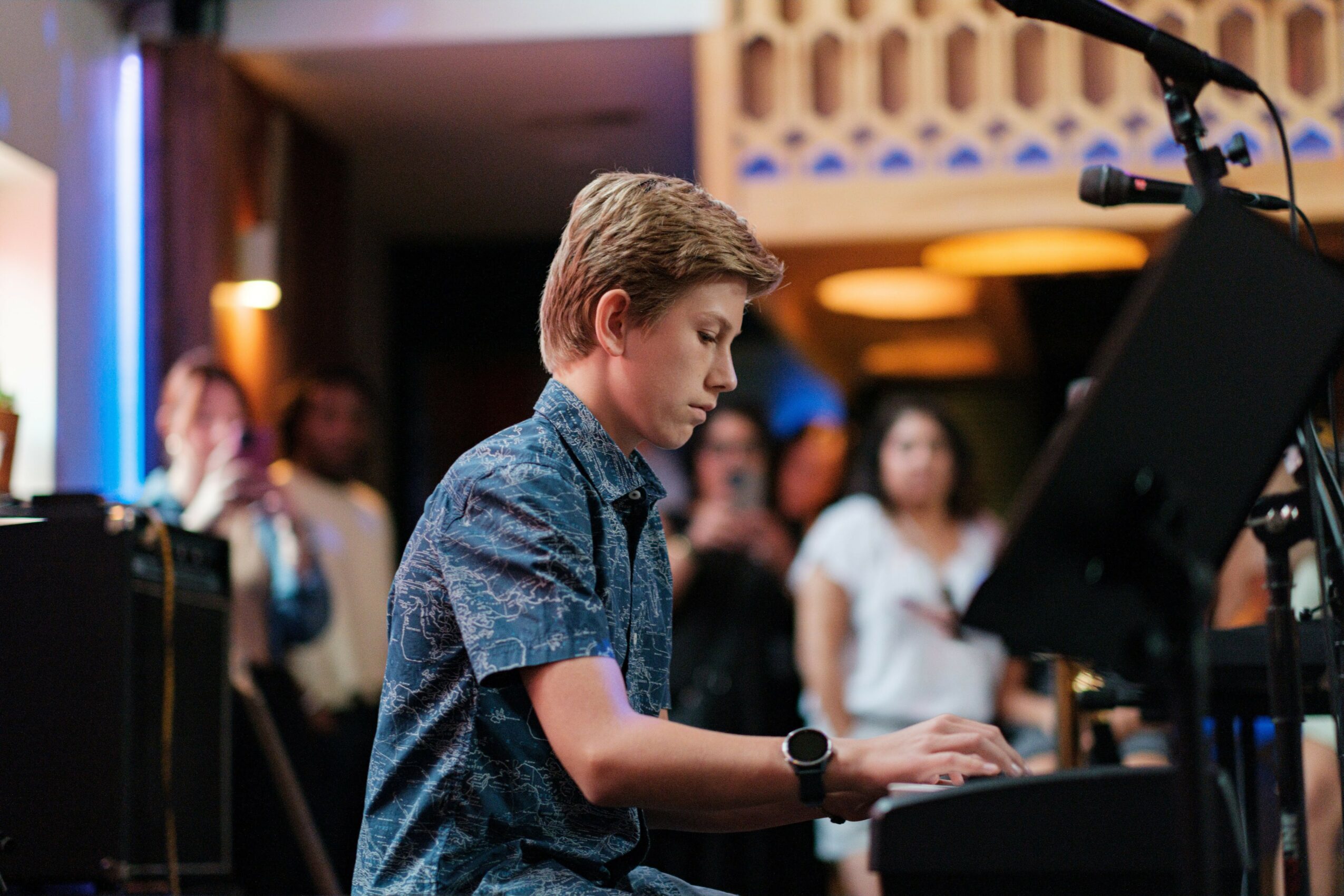
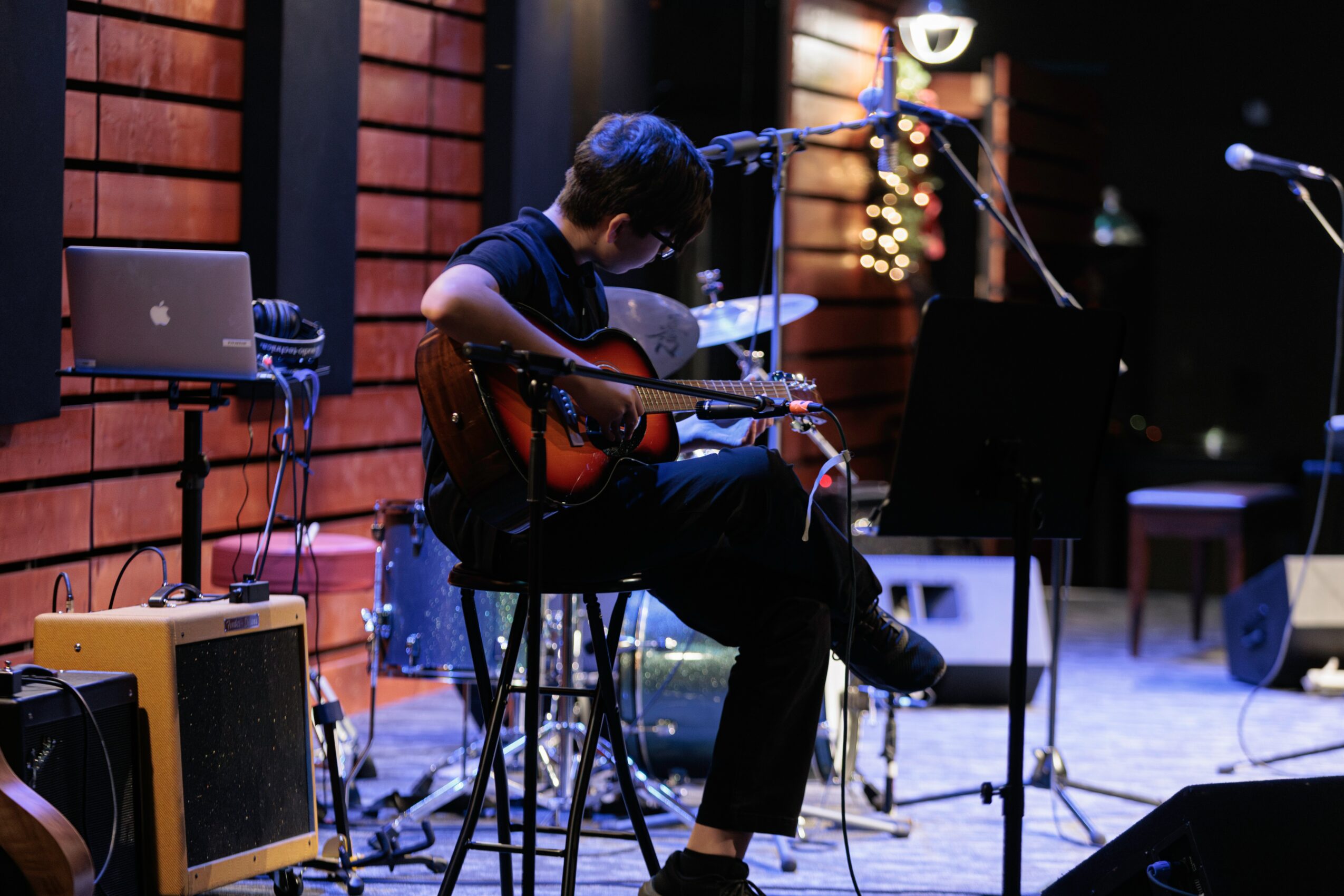
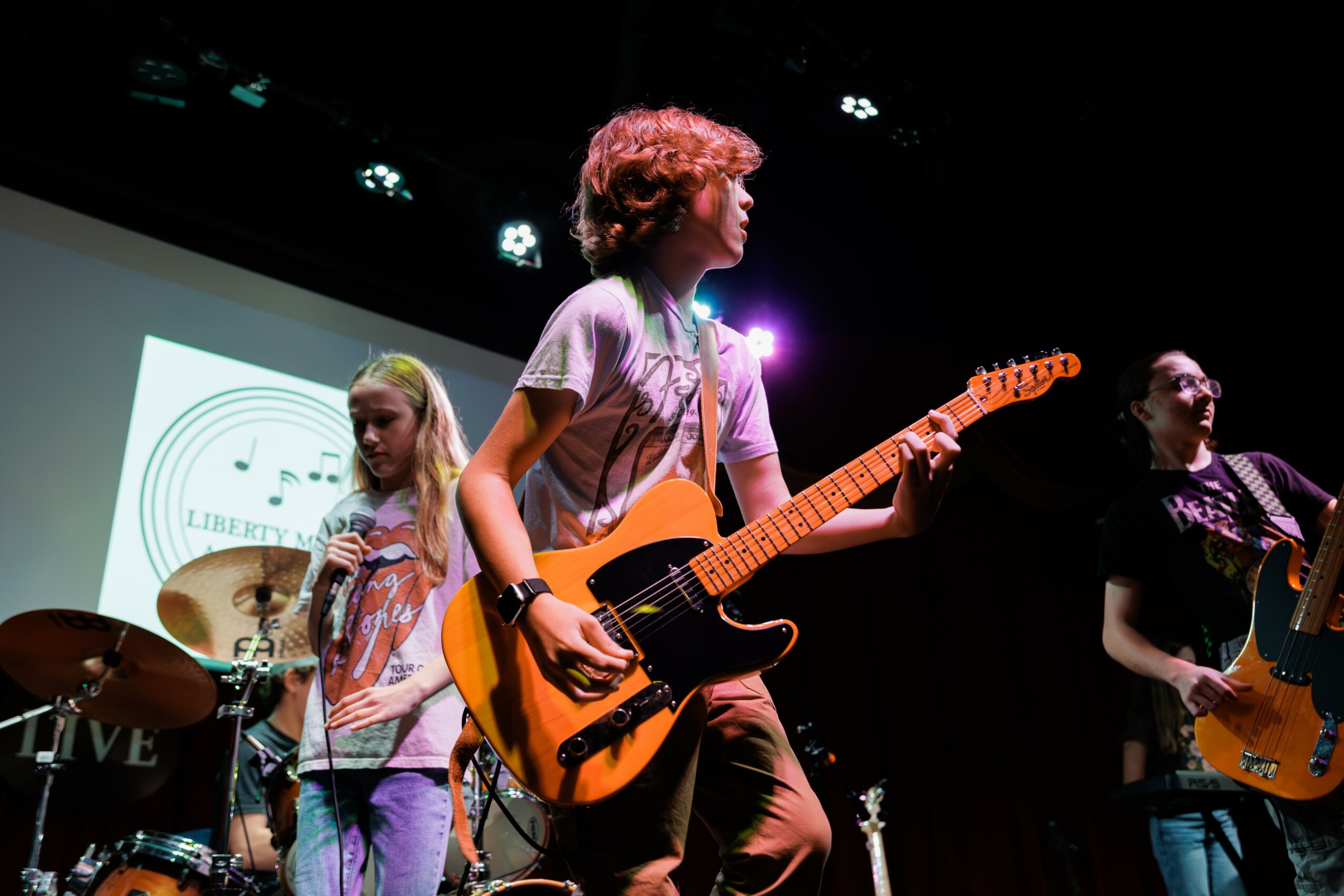
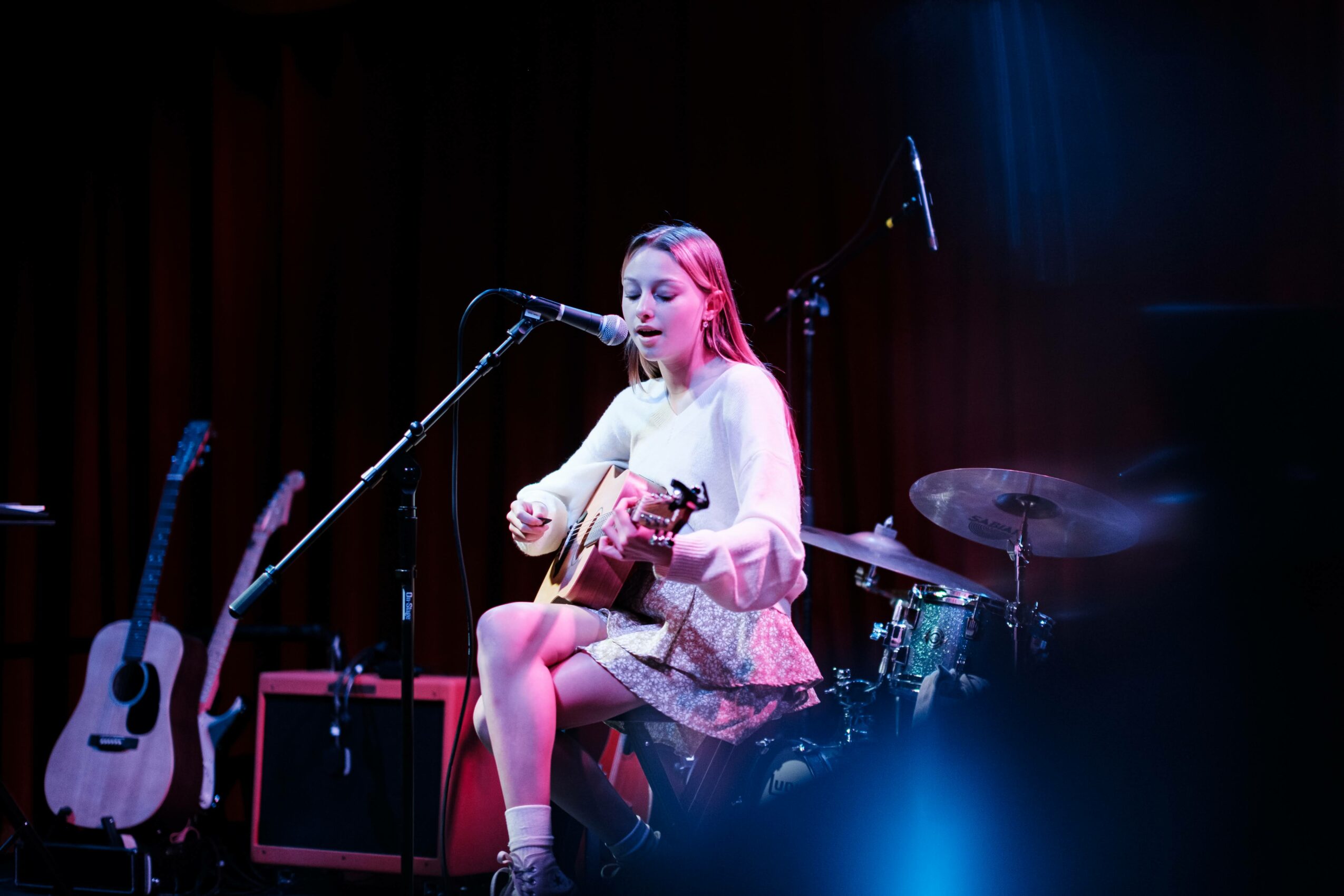
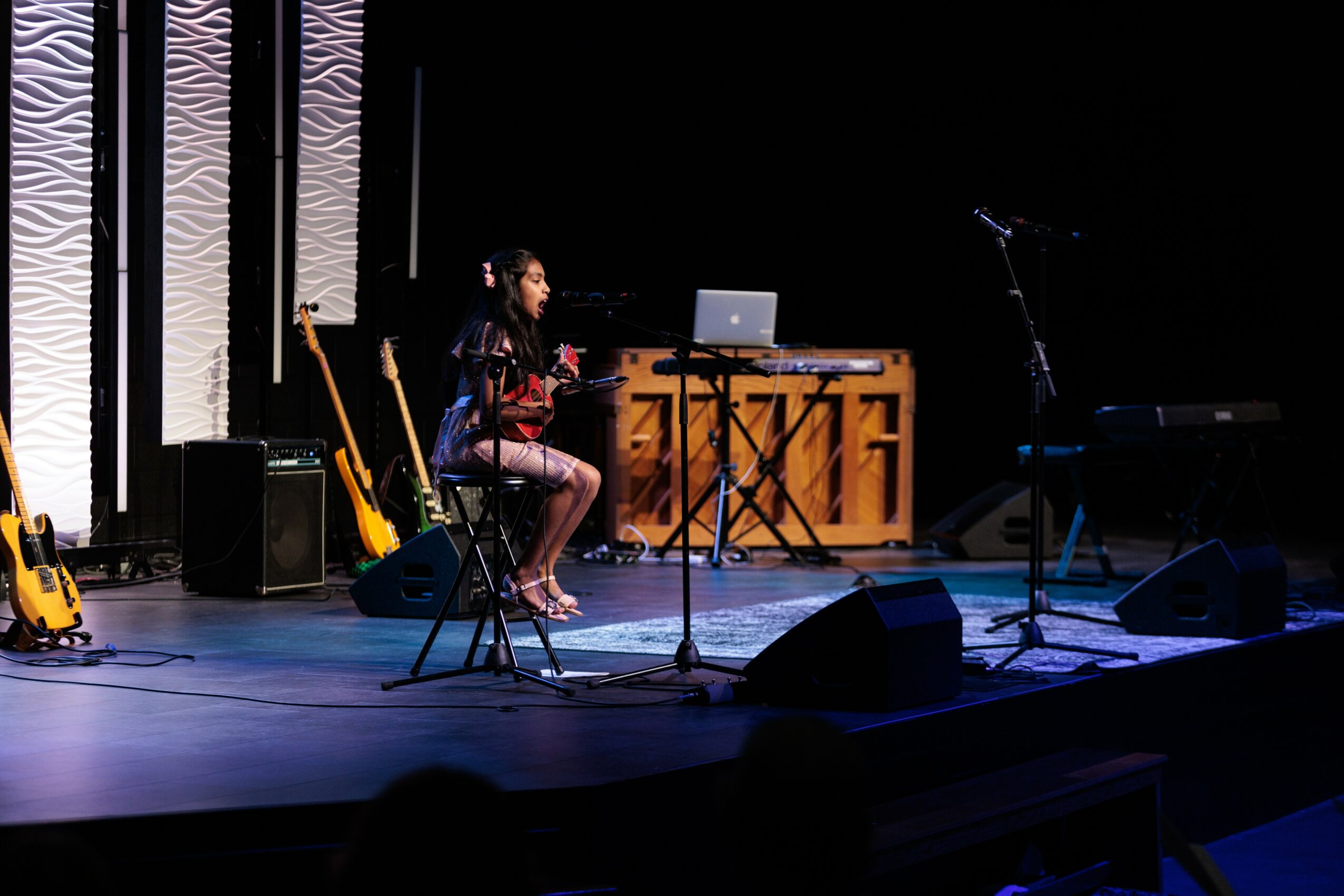
Image Credits
ALLIE BRODNAX
Annelise Sarah
Instilled Visuals












